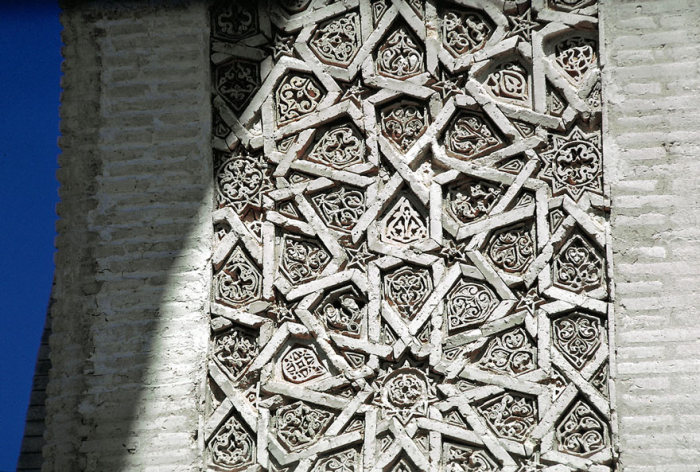|
|
Life In Afghanistan
|
Following the September 11, 2001 attacks in the United States, the U.S. and British air forces began bombing al-Qaeda and Taliban targets inside Afghanistan during Operation Enduring Freedom. On the ground, American and British special forces along with CIA Special Activities Division units worked with commanders of the Northern Alliance to launch a military offensive against the Taliban forces. These attacks led to the fall of Mazar-i-Sharif and Kabul in November 2001, as the Taliban retreated from the north of the country to the south. In December 2001, the International Security Assistance Force (ISAF) was established by the UN Security Council to help assist the newly formed Karzai administration.
As more coalition troops entered the war and the Northern Alliance made their way southwards, the Taliban and al-Qaida retreated toward the mountainous Durand Line border between Afghanistan and Pakistan. From 2002 onward, the Taliban focused on survival and on rebuilding its forces. Meanwhile, NATO assumed control of ISAF in 2003 and the rebuilding of Afghanistan began, which is funded by the United States and many other nations. Over the course of the years, NATO and Afghan troops led several offensives against the entrenched Taliban, but proved unable to completely dislodge their presence. By 2009, a Taliban-led shadow government began to form complete with their own version of mediation court.
In 2010, U.S. President Barack Obama deployed an additional 30,000 soldiers over a period of six months and proposed that he will begin troop withdrawals by 2012. At the 2010 International Conference on Afghanistan in London, Afghan President Hamid Karzai told world leaders that he intends to reach out to the top echelons of the Taliban with a peace initiative. Karzai set the framework for dialogue with Taliban when he called on the group's leadership to take part in a loya jirga (grand assembly) to initiate peace talks. These steps have been reciprocated so far with an intensification of bombings, assassinations and ambushes according the Wall Street Journal. Karzai's step is very unpopular among Afghans minority groups, who together constitute a majority of roughly 60% of Afghans. They are strongly opposed to any appeasement of the insurgents and of their backers in the Pakistani establishment because they don't believe the Taliban would really stop the war after gaining the south and the east in such negotiations. The Afghan nation is currently struggling to rebuild itself while dealing with Taliban insurgency and political corruption within the government.
|
|









